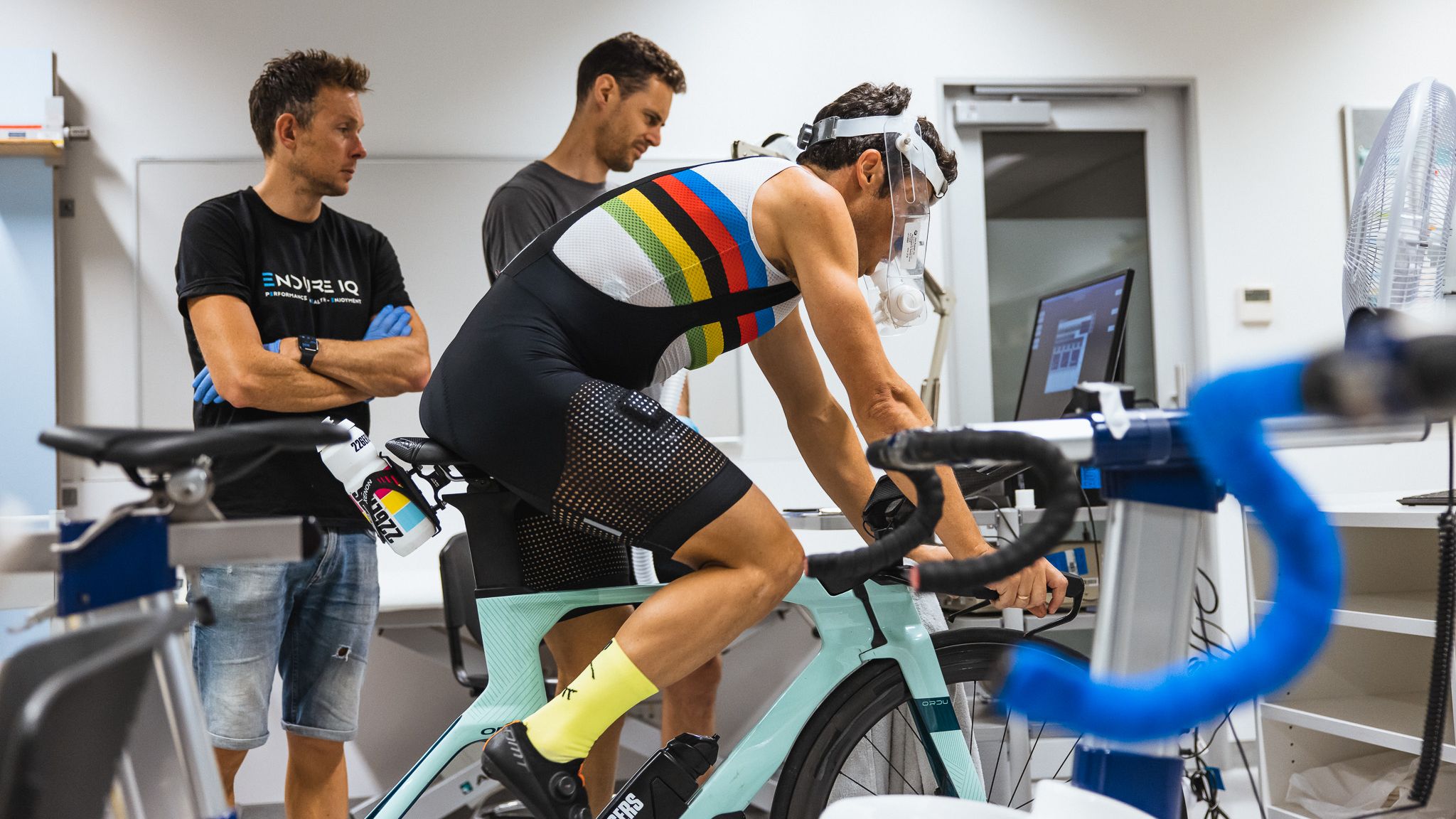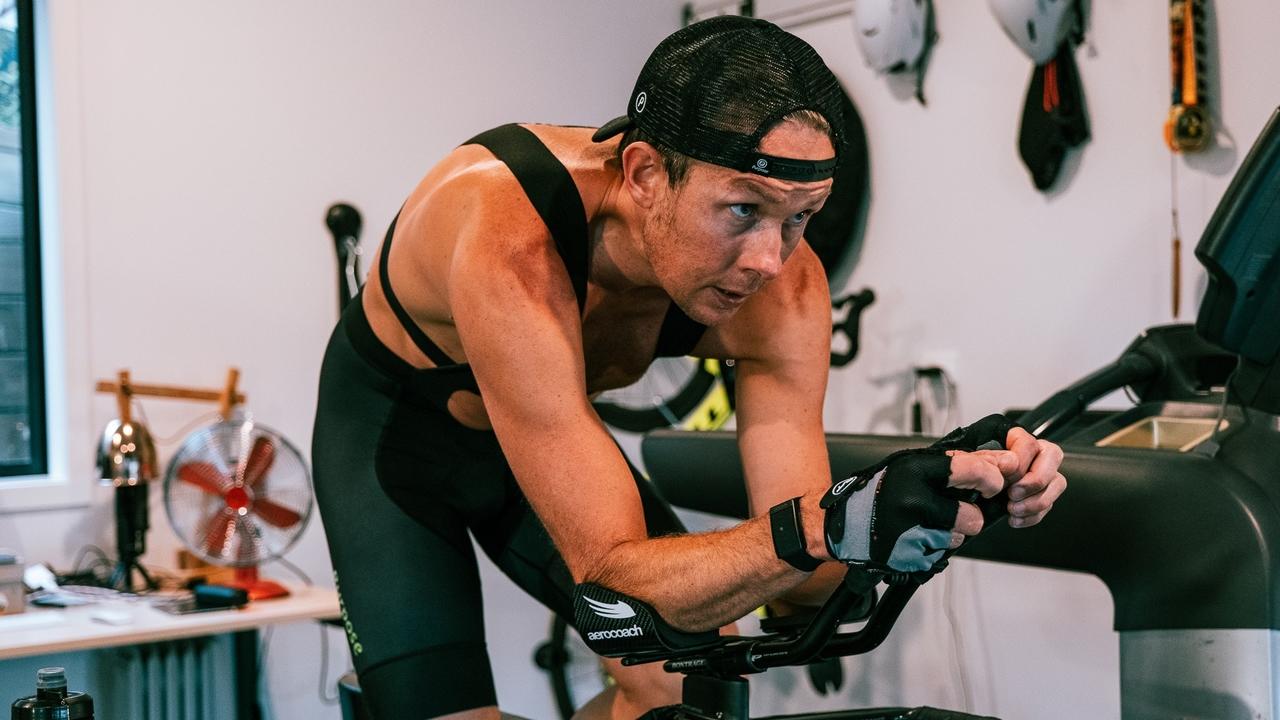Optimizing Recovery for Endurance Athletes

Effective endurance training is all about stress management, and the balance between stress and recovery. Individual training sessions generate physiological stress – elevations in temperature, heart rate, and stress hormones, changes in pH, depletion of fuel stores, and so on. The stress of individual training sessions is what triggers the adaptive response we look for with training, and this occurs during recovery (1). However, too much physiological stress with inadequate recovery will eventually lead to fatigue, overreaching, and maladaptation, as anyone who has dug themselves a hole with a hard training block can testify.
Therefore, when planning a training programme, and then regulating and monitoring that training programme, we are managing the balance between stress and recovery. We want to ensure there is enough stress to stimulate adaptation, but not so much that we become fatigued, overreached, and burned out. We want to make sure our recovery processes are geared up to ens...
Are all Exogenous Ketones Created Equal?

There is increasing interest in the effect that ketones might have on the performance of athletes. We know that by consuming a diet very low in carbohydrates – less than 50 grams per day or so – we can enter ketosis or increase the circulating concentration of ketones in the blood. That’s why these diets are called ‘ketogenic’ (1, 8). In recent years, supplements have been developed that allow us to increase our circulating ketone concentrations independently of our habitual diet. These are the so-called ‘exogenous ketone supplements’ (9).
There are various types of exogenous ketone supplements, including ketone esters, ketone salts, and ketone precursors (that are converted into ketones in the body). Ketone salts combine ketones with sodium, potassium, calcium, or magnesium, and, predictably have the potential to provide a very high salt load. Ketone salts tend to provide a modest elevation in blood ketone, specifically D-βHB, concentrations.
Ketone esters on the other hand are boun...
Should we take exogenous ketones during a long-distance triathlon?

- Dr Dan Plews and Ed Maunder
A review of the review by David M. Shaw et al. Sports Medicine 50(4): 641-656, 2020
In this blog, we are going to summarize a recently published review by former AUT PhD student Dave Shaw on the evidence for and against exogenous ketone ingestion (11), as well as some of our own personal experiences. Dave’s PhD included studies on both the ingestion of exogenous ketones in a sports drink and longer-term adaptation to a very low-carbohydrate, ketogenic diet (10, 12), with one of the main purposes of this review being to highlight the stark differences between these two interventions. In this blog however, we are going to focus on studies of exogenous ketone supplementation for endurance performance. Ed (PhD student & Endure IQ LDT102 guest instructor) was fortunate enough to be part of the team of authors writing the review.
Exogenous ketones
A point here to note is that when we discuss exogenous ketones, we are not referring to ingestion ...
